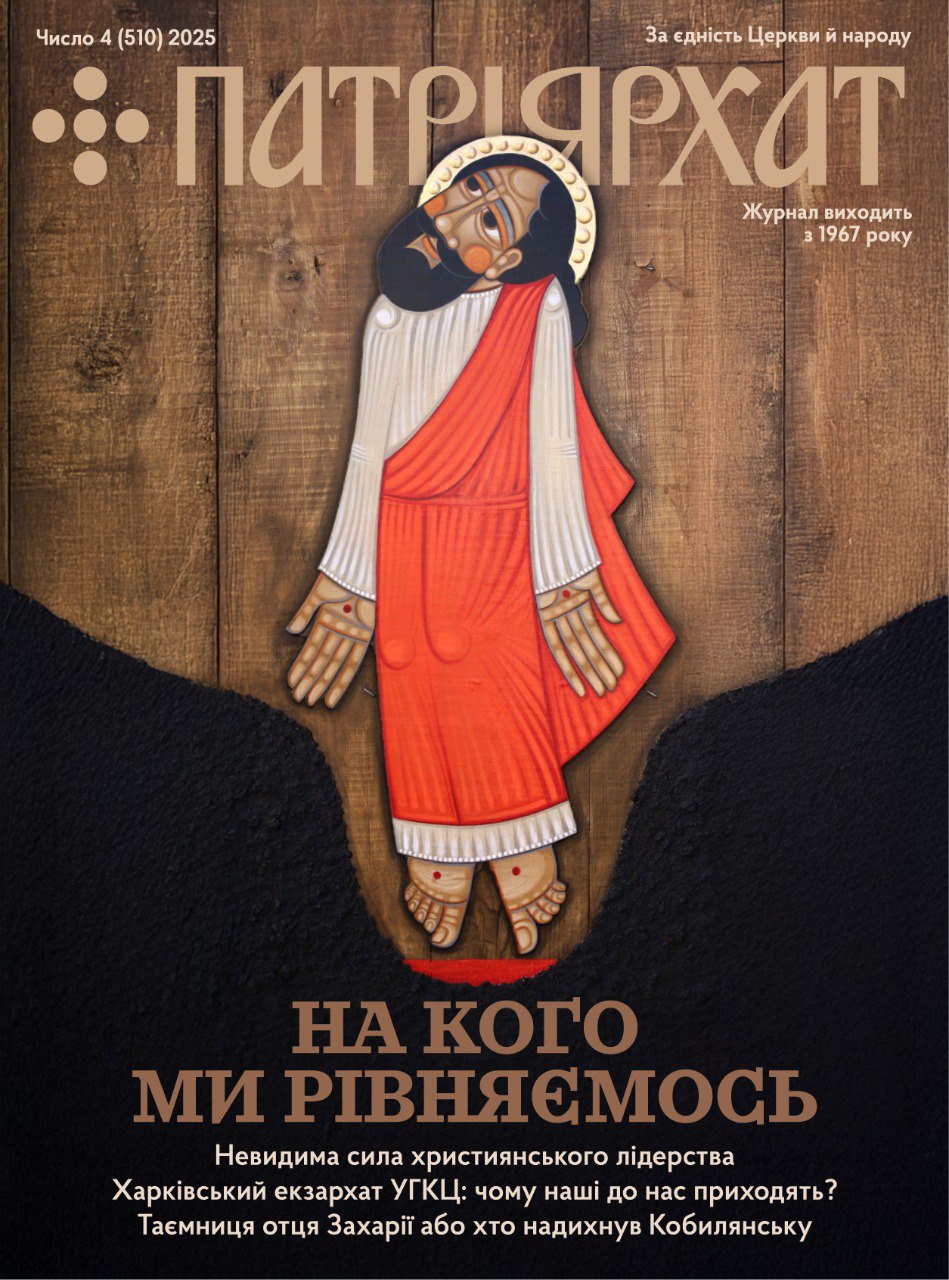By Penny Symon
Police were called to the Ukrainian Catholic Cathedral in London yesterday after some members of the congregation had made repeated attempts to prevent their bishop from preaching his sermon.
The demonstration arose from an ecclesiastical dispute which has divided the Ukrainian community in Britain. The demonstrators want the Pope to create Cardinal Joseph Slipyj patriarch, of the Ukrainian Catholic Church. Cardinal Slipyj, who was imprisoned by the Soviet Union in Siberia for IS years. Is now in Rome.
The Pope has refused, and the Ukrainians here who support the idea of a new patriarchate being created arc angry with their bishop. I lip Right Rev Augustine Hornyak, because he supports the Pope’s decision.
About 200 people were in the cathedral in Duke Street, Westminster, and the service was proceeding peacefully until the bishop, who is head of the church In England. Wales and Scotland, stood up to preach. Then the demonstrators began to sing carols to drown his sermon, and after making about six attempts to begin he decided to call the police.
Police led one man outside, and other demonstrators followed voluntarily. No arrests were made, and a police spokesman said that the matter had been treated simply as a domestic dispute.
The bishop, who managed to preach his sermon about half an hour late, said afterwards that as the Pope li.id ruled that, for the time being. the new patriarchate should not be created, he felt that this law should he obeyed.
«The Pope docs not want to create the new office for someone who is living outside the territory concerned, as in this case, where obviously he would have no jurisdiction because of the political situation», he said.
«Those who disagree with this ruling accuse the Pope of refusing because of Cardinal Slipyj’s attempts to achieve a better situation for Christians in the Soviet Union But I advised my congregation in a pastoral letter to accept the decision.
«However, those who disagree believe that the new office can be created if me will of the people is strong enough, and that Is why they are getting impatient, and creating demonstrations.»
Two other bishops, in Canada and Australia, bad started to use the title of patriarch for Cardinal Slipyj, he said, and that had made some of his congregation feel that he should do so too.
«I do not want them to impose their will on me, and I believe that the law must be obeyed. About a month ago I did write to the Pope suggesting that perhaps the title could be conferred on Cardinal Slipyj as an honorary one, and perhaps this would resolve the dispute, hut t have not yet received a reply.
«I feel that some of the demonstrators have good Intentions, because they think that this new office would raise the prestige of our church, hut I think the law must be observed, and the Pope’s decision upheld.»
When Christmas Mass was celebrated last Wednesday, because of the difference in the calendars, the bishop was unable to preach.
«I had received an anonymous letter before that service dissuading me to hold it and threatening a disruption, so I told the police just In case. Two policemen stood outside, but’ did not have to enter the church on that occasion. The demonstration went on with carol singing, and I gave up. Today I felt justified in calling the police, and I had expected a repetition of the trouble.»
One of the demonstrators, Mr. Basil Deba, said afterwards that they would continue with their protests, because the bishop would not listen to their point of view.
* * * * *
NEW YORK, N.Y, — it’s beautiful to be ethnic as a Catholic, to be unmill table as an American and to live in & 200-year-old country having a foreign policy which increasingly reflects its own racial and cultural pluralism.
This was the consensus of 300 participants in the second annual meeting of the Catholic Conference on Ethnic and Neighborhood Affairs (CCENA), which met here October 29-31 on the theme, «The Church, Ethnicity and the Bicentennial: Toward a Rediscovery of Values in America,» according to Catholic Religious News Service.
Bishop Rausch drew applause as he said: «The American picture is stereotyped and incomplete; it is most often WASP history. This is not fair to our country and to its multi-ethnic people… The Bicentennial year is a good time for remaking the image of America, not principally for those outside the country, but for those within it…»
During the two sessions, speakers brought out points such as these:
- That the «strength of the Church is not in the chancery» but in the parishes.
- That there is «hope» for development of a «theology of pluralism» that is an enrichment of both Eastern and Western spirituality, is human and tested by the experiences of «hyphenated Americans» in the Church.
- That «ethnicity without content» is meaningless.
- That American society is in a period, unlike the first half of the century, when it is «the proper time to admit we have a heritage.» Catholic ethnics have «come out of the closet.»
- That conformity is out and ethnicity is in.
- That present and future oriented thinking is being found by young people to be unsatisfactory. In searching for roots they are finding they can bridge the generation gap between themselves and their parents and grandparents.
One of the co-chairmen of the conference was Auxiliary Bishop Basil H. Losten of Philadelphia.

 >
>